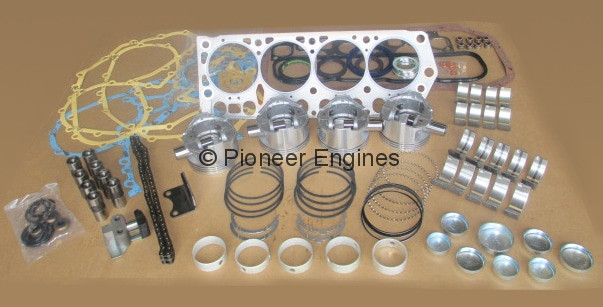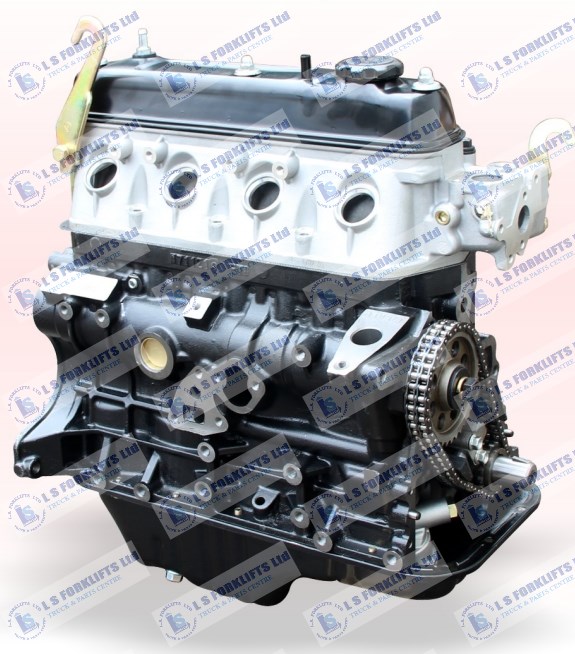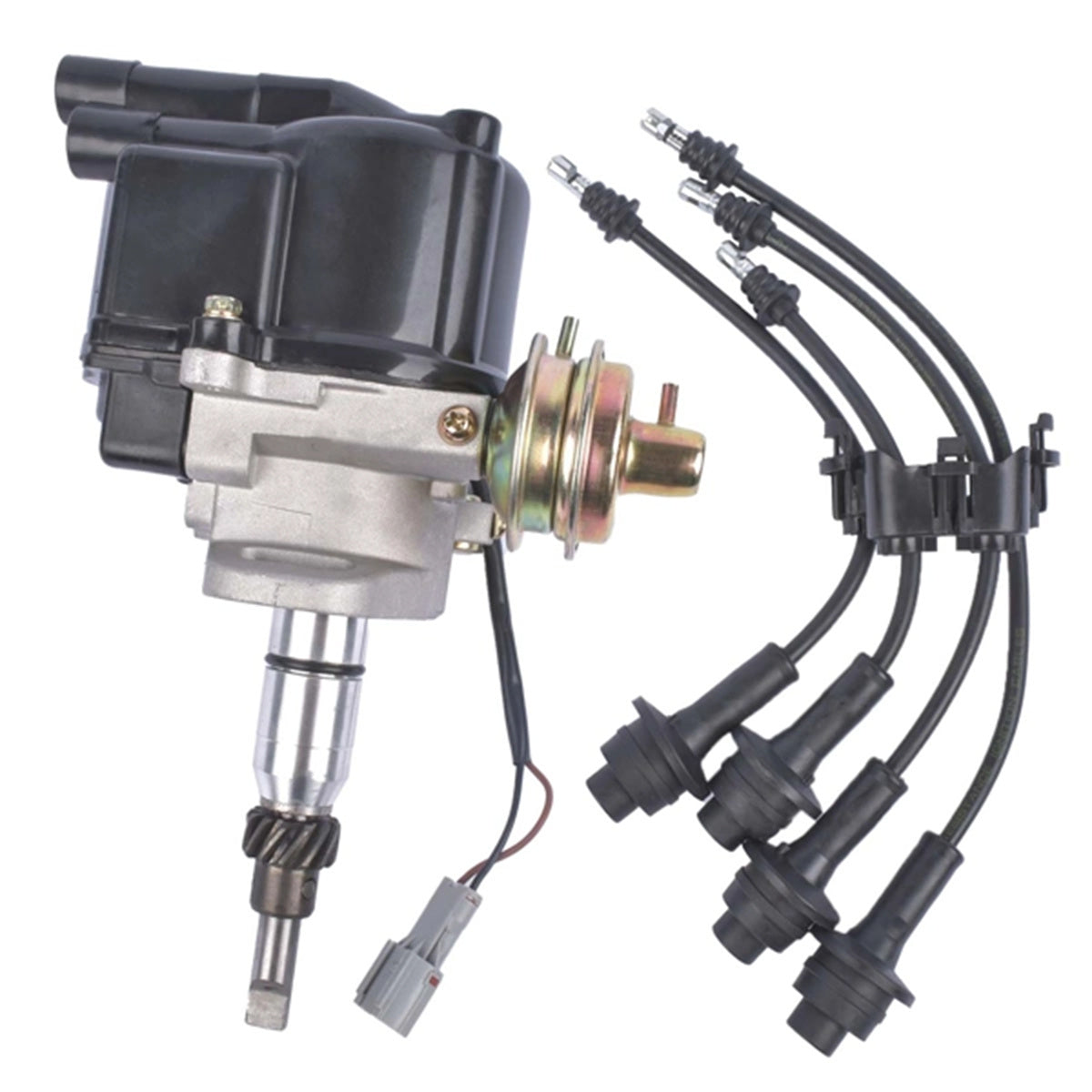Discovering the Different Types of Engine: Which One Fits Your Needs?
In the mission to figure out the most appropriate engine kind for your specific requirements, it is critical to assess the distinct attributes and benefits of each option readily available. Inner burning engines continue to control due to their reliability, while electrical engines are obtaining traction for their sustainability. Hybrid engines supply a flexible concession, and diesel motor stand apart for their power sought after applications. In addition, different gas engines present cutting-edge options, albeit with specific restrictions. Comprehending your concerns will certainly be crucial in this decision-making process, resulting in an exploration of aspects that might influence your selection.

Inner Combustion Engines
Inner combustion engines (ICEs) are the backbone of contemporary transportation, powering a substantial array of cars from automobiles to planes. These engines operate the principle of converting gas into mechanical energy through a collection of regulated explosions within a burning chamber. The most typical kinds of ICEs consist of gasoline engines, diesel motor, and rotating engines, each developed to fulfill specific efficiency and effectiveness requirements.
Fuel engines generally make use of trigger ignition, while diesel engines count on compression ignition, causing distinctive differences in fuel performance and power result (4y engine). Rotating engines, or Wankel engines, offer a portable layout and smooth procedure, but are much less typically made use of in mainstream applications
ICEs have actually undergone considerable improvements in modern technology, including the introduction of turbocharging and fuel shot systems, which improve total performance and performance. In spite of their efficiency renovations, ICEs deal with enhancing examination as a result of their ecological effect, specifically relating to greenhouse gas discharges. As the vehicle industry progresses, the future of ICEs stays a topic of argument, stabilizing performance, effectiveness, and ecological considerations. Nonetheless, they remain to play an essential function in global transport infrastructure.
Electric Engines
As problems about environmental sustainability and fossil fuel dependency grow, electrical engines have arised as an engaging option to interior burning engines. These engines use electrical motors powered by batteries or fuel cells, supplying a cleaner and more effective motive powers.
One of the main benefits of electrical engines is their lowered exhausts. Unlike traditional engines that burn nonrenewable fuel sources, electric engines generate absolutely no tailpipe discharges, considerably decreasing air pollution and adding to enhanced public health and wellness. In addition, the performance of electrical motors frequently goes beyond that of interior burning engines, transforming a greater proportion of power from the power resource right into functional energy for movement.
Electric engines are additionally remarkable for their silent operation, making them ideal for urban atmospheres. 4y engine. The simplicity of their design leads to fewer relocating parts, which can result in lowered maintenance costs and raised integrity gradually
Nevertheless, challenges remain, including battery manufacturing impacts, billing framework, and array constraints. Regardless of these obstacles, the expanding investment in electrical lorry technology and renewable resource sources factors towards an appealing future for electrical engines, placed to play an essential role in the shift towards sustainable transportation.
Crossbreed Engines
Blending the advantages of both standard and electrical interior burning engines, hybrid engines stand for a versatile solution in the pursuit for reliable and sustainable transportation. These engines integrate a fuel or diesel motor with an electric motor, allowing for enhanced fuel performance and lowered emissions compared to traditional lorries.
Hybrid engines run in several modes, utilizing the electrical motor for low-speed driving and the internal combustion engine for higher rates or when even more power is needed. This dynamic procedure not only boosts fuel economy yet additionally adds to a smoother driving experience. Regenerative stopping is another crucial feature, capturing power usually shed during stopping and redirecting it to reenergize the battery.

As consumers progressively prioritize eco-friendliness, hybrid engines stick out as a sensible selection, offering an efficient equilibrium of performance, performance, and environmental duty. This flexibility makes them ideal for city travelling and long-distance traveling alike.
Diesel Engines
Effectiveness and power are characteristics of diesel engines, which have actually long been favored for their toughness and gas economic climate. These engines operate on the principle of compression ignition, where air is pressed to a high temperature before gas is infused, sparking it without the requirement for spark plugs. This procedure allows diesel motor to attain greater thermal efficiency contrasted to fuel engines, translating into much better gas mileage and reduced carbon dioxide emissions.
Diesel engines are especially fit for durable applications such as trucks, buses, and commercial machinery, where torque and durability are critical. Their design normally consists of stronger components to stand up to the greater stress Discover More produced during operation, causing longer service life and reduced upkeep costs.

Different Fuel Engines
While diesel engines have long controlled the landscape of durable power resources, alternate fuel engines are getting traction as practical choices for a more lasting future. These engines utilize a variety of fuels, such as pressed gas (CNG), ethanol, propane, and hydrogen, aiming to decrease greenhouse gas exhausts and dependence on fossil fuels.
One significant benefit of alternate fuel engines is their prospective to reduced carbon impacts. CNG engines discharge less toxins contrasted to conventional diesel engines, making them appropriate for city transit systems and fleets looking for to boost air quality. Ethanol, stemmed from biomass, not just lowers emissions however additionally sustains farming economies.
Hydrogen gas cells represent an advanced growth in this realm, supplying zero-emission power with a chemical response between hydrogen and oxygen. Nonetheless, challenges such as infrastructure advancement and production costs stay challenges to widespread adoption - 4y engine.
Verdict
Finally, picking the proper engine type demands careful consideration of specific demands and choices. Interior combustion engines supply dependability, while electric engines focus on sustainability and lowered upkeep. Crossbreed engines incorporate the benefits of both, improving effectiveness, whereas diesel motor give remarkable power and torque for sturdy applications. Alternate fuel engines existing environment-friendly options, albeit pop over to this web-site with potential infrastructure obstacles. Eventually, a detailed analysis of driving habits and ecological worths will facilitate an educated decision regarding engine option.
Crossbreed engines supply a functional concession, and diesel engines stand out for their power in demanding applications. The most usual kinds of ICEs consist of gasoline engines, diesel engines, and rotating engines, each made to meet specific performance and performance needs.
Unlike traditional engines that shed fossil gas, electrical engines generate absolutely no tailpipe discharges, substantially decreasing air pollution and contributing to boosted public health.Hybrid engines operate in a number of modes, utilizing the electrical motor for low-speed driving and the interior combustion engine for greater rates or when even more power is needed. Crossbreed engines integrate the benefits of both, boosting effectiveness, whereas diesel engines offer exceptional power and torque for sturdy applications.